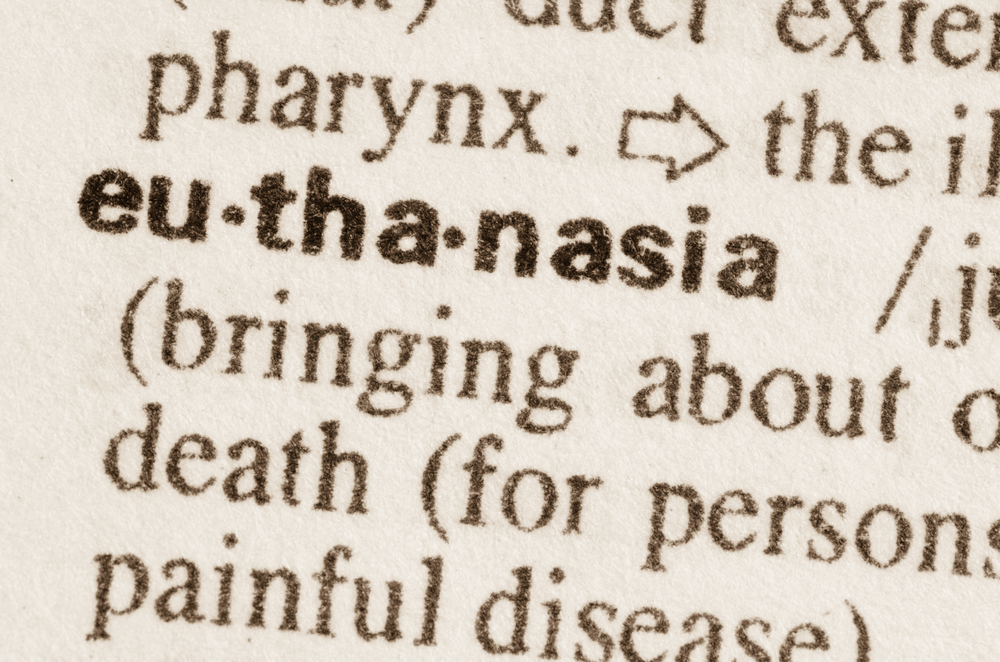Physician Assisted Suicide’s Appeal to MS Patients in Unbearable Pain Highlights Urgency in Treating Depression

Half of the more than 7,500 multiple sclerosis (MS) patients responding to a recent survey revealed they’d consider physician-assisted suicide if they could no longer enjoy anything that made life worth living. In addition, 65 percent of respondents said they’d definitely or probably let a physician terminate their lives if they were suffering unbearable pain.
Considering that depression goes hand in hand with MS, the findings underscore the importance of a vigilant, pro-active approach to diagnosing and treating depression among MS patients.
The study, “High hypothetical interest in physician-assisted death in multiple sclerosis,” appeared in the journal Neurology. Its authors emphasized that those who responded to their survey did not represent the entire MS community, indicating that numbers might have looked different if a larger proportion of younger, non-white people had participated.
Researchers sent out 10,791 survey requests to patients in the global MS registry NARCOMS. Of the 7,534 people who replied, 79.8 percent were women and 92.9 percent were of European descent. Their average age was 59.9 years.
The survey — a collaboration between Canada’s University of Manitoba and the University of Alabama at Birmingham — asked participants to consider five theoretical situations, and rate whether they definitely would consider, probably would consider, probably would not consider, or definitely would not consider physician-assisted suicide in each situation.
The five circumstances were: experiencing unbearable pain, causing a financial burden to caregivers, feeling extreme emotional distress, lacking the ability to do things that make one happy, and lacking the ability to enjoy anything that makes one’s life worth living. Participants did not have to answer all questions.
Respondents who were more religious and those with more social support were least likely to consider physician-assisted suicide. Yet depression, either ongoing or in the past, made that option more likely. Moderate and severe pain also made the idea of physician-assisted suicide more appealing.
Physician-assisted death, which is the legal term for when a doctor provides lethal means for a patient to end his or her life, is currently legal in only five U.S. states — California, Colorado, Oregon, Vermont and Washington — as well as Washington, D.C. But little research exists on attitudes toward the practice among patients with various chronic diseases.
The study notes that since depression is particularly common in people with MS, it’s important to diagnose and treat depression among these patients. Relieving pain and improving quality of life could potentially have lifesaving effects, said researchers — though they urged more studies to assess views on physician-assisted suicide among patients who were underrepresented in the survey.
The National MS Society underscored in a news release that studies of this kind would not be possible without large patient registries. It urged patients to join NARCOMS and the patient-powered research network iConquerMS.
Most people with MS are diagnosed between the ages of 20 and 50, with at least two to three times more women than men being diagnosed with the neurological disease. MS affects more than 2.3 million people worldwide.
An earlier version of this article incorrectly equaled physician-assisted suicide to euthanasia.






